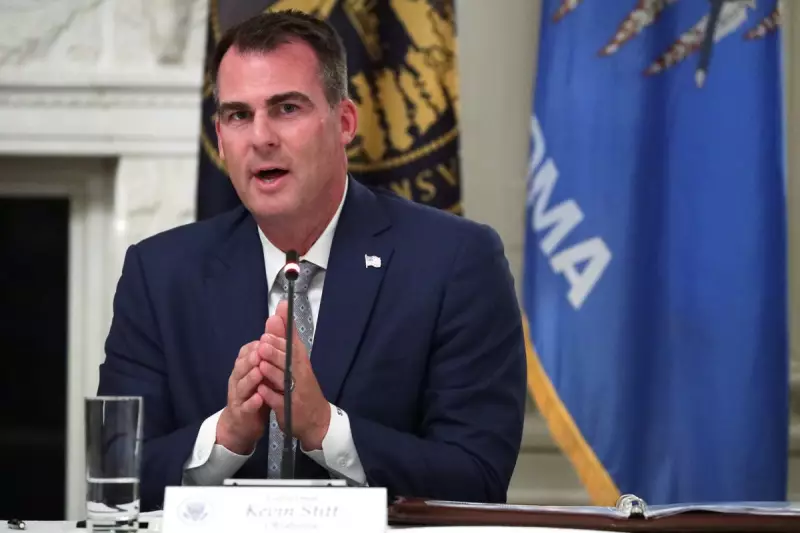
In a striking display of political independence, Oklahoma Governor Kevin Stitt has publicly declined a request from former President Donald Trump to deploy National Guard personnel to the Texas-Mexico border. The conservative governor's decision marks a significant departure from his usual alignment with Trump's policies.
A Matter of State Sovereignty
Governor Stitt justified his refusal by emphasising the importance of state autonomy. "While I support securing our border," Stitt stated, "Oklahoma's National Guard should primarily address concerns within our own state." This position highlights the ongoing tension between federal requests and state priorities, even among political allies.
Trump's Border Push Meets Resistance
The former president had been actively encouraging Republican governors to reinforce border security efforts in Texas, where immigration has become a central political issue. Trump's appeal came amid heightened concerns about migrant crossings and the Biden administration's border policies.
Several other Republican-led states have responded to Trump's call by committing troops and resources. However, Stitt's refusal demonstrates that not all conservative leaders are willing to divert their state's military resources for border operations.
Political Implications
This development raises questions about:
- The evolving relationship between Trump and state Republican leaders
- The balance between state and federal priorities in national security matters
- Potential divisions within the Republican party regarding resource allocation
Political analysts are watching closely to see whether other governors might follow Stitt's example or if this remains an isolated case of resistance to Trump's influence.
The situation continues to develop as border security remains a flashpoint in American politics, with state governors increasingly finding themselves at the centre of national debates about immigration enforcement and federal-state relations.





